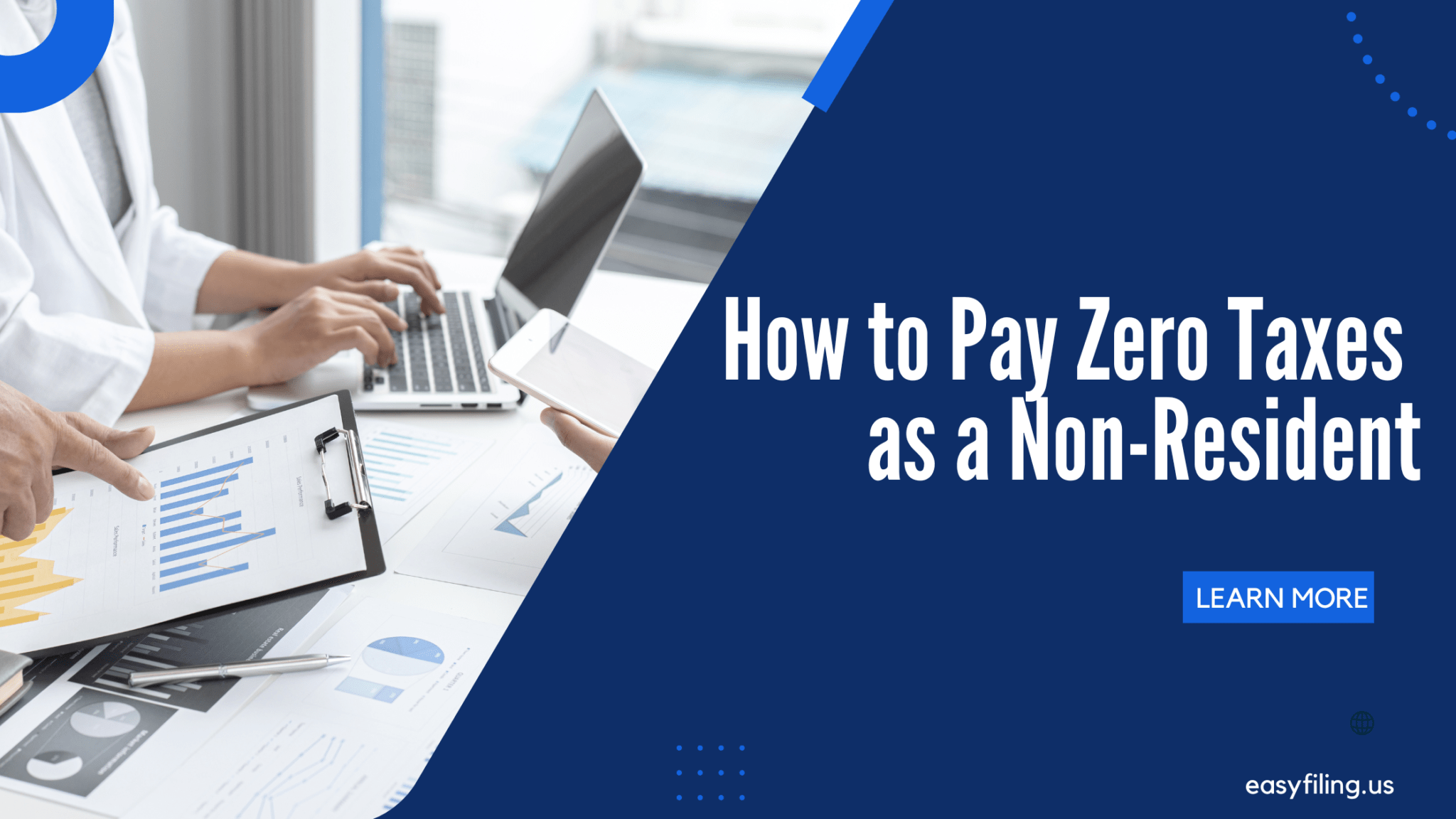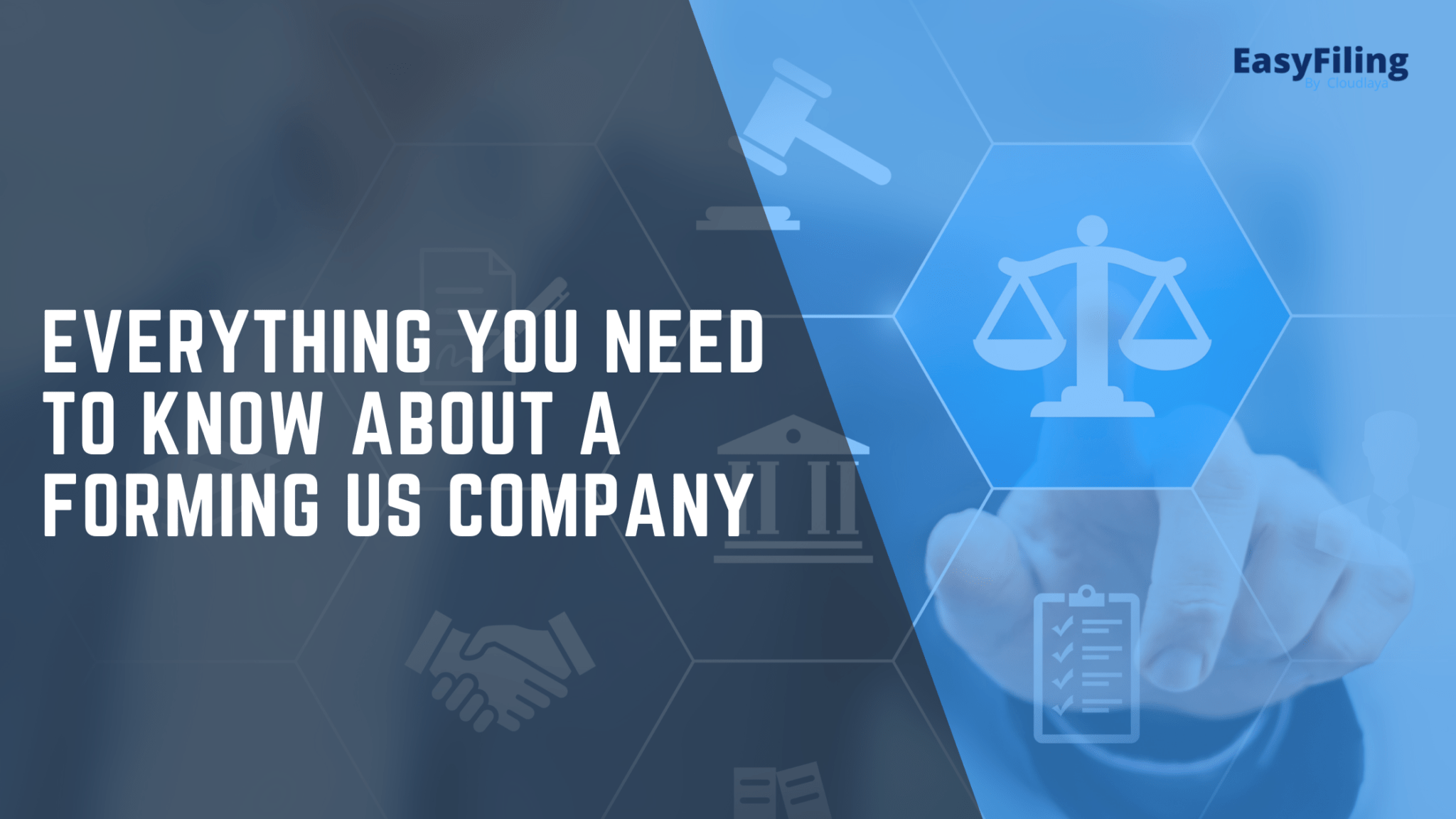At EasyFiling, we take pride in being your reliable and trusted partner in tax preparation and filing. With our expertise, we are committed to helping you navigate and comprehend the intricacies surrounding sales tax nexus.
The sales tax nexus, a vital concept in the world of taxation, plays a crucial role in determining your responsibility to collect and remit sales tax in a specific state. Our dedicated team is here to provide you with the knowledge and support you need to ensure compliance and streamline your tax processes effectively.
What is Sales Tax Nexus?
A sales tax nexus is the connection or tie a business has with a state that requires them to collect and remit sales tax in that state. This connection can be established through factors such as physical presence, economic activity, or other legislation. The term ‘nexus’ refers to the crucial connection or link that exists between your business and a particular state.
When your business has a nexus in a state, it becomes mandatory to collect sales tax from customers residing in that state. Nexus can be established through different means, including physical presence, employees, or significant sales volume within a state.
Establishing a physical presence is a prevalent method for businesses to establish nexus. This encompasses various aspects, such as having a brick-and-mortar store, an office space, a warehouse, or even participating in state trade shows. However, in today’s digital world, physical presence isn’t the only factor.
Many states now recognize economic nexus, which can be established purely through sales. If a business makes a certain amount of sales or conducts a specific number of transactions in a state, it could be deemed to have an economic nexus. The thresholds for establishing economic nexus vary from state to state.
2 Types of Nexus
When it comes to sales tax in the United States, there are two primary types of nexus that businesses need to be aware of. These distinct categories determine whether a business is obligated to collect and remit sales tax in a particular state.
Physical Nexus
Physical nexus, as the name suggests, is established through a physical presence in a state. This presence can take various forms, including having a brick-and-mortar store, warehouse, or office in a state. Additionally, attending trade shows or having employees working in a state can also trigger physical nexus.
Common business activities that create physical tax nexus include:
- Maintaining a physical store: If your business has a physical storefront or office in a state, you likely have a physical nexus there.
- Warehousing inventory: Storing your products in a warehouse within a state’s borders can create a physical nexus.
- Having employees: Employing workers who operate within a state often establishes a physical nexus.
- Participating in trade shows: Attending trade shows in a state may trigger physical nexus, depending on state laws.
Economic Nexus
On the other hand, economic nexus is a concept that has gained prominence in recent years. It doesn’t rely on physical presence but instead hinges on economic activity within a state. Economic nexus is typically determined by the volume of sales or transactions a business conducts in a state. States have varying thresholds that trigger economic nexus, often based on a certain amount of sales revenue or a specific number of transactions.
Once a business establishes a sales tax nexus, whether through physical presence or economic activity, it becomes legally obligated to collect sales tax from buyers in that state. This obligation is vital to ensure compliance with state tax laws and regulations.
Why Is Sales Tax Nexus Important?
Legal Compliance: Understanding and addressing sales tax nexus is crucial to avoid penalties and legal consequences. By fulfilling your obligations, you can steer clear of potential issues.
Financial Responsibility: Collecting and remitting sales tax contributes to the funding of vital services like education and public safety. By being financially responsible, your business actively supports the communities where you operate.
Competitive Advantage: Transparent pricing that includes sales tax can build trust with customers. Compliance in this area can provide a competitive edge for your business.
Audit Risk Mitigation: Proactively addressing sales tax obligations reduces the risk of tax audits, along with associated costs and stress.
In summary, comprehending and acting upon sales tax nexus ensures legal compliance, showcases financial responsibility, fosters a competitive edge, and mitigates audit risk. When to Register for a Sales Tax License?
Stay informed about specific rules and thresholds for each state where you do business, as they can vary. Failing to register for a sales tax license when required can have legal and financial consequences, so consult tax professionals or state tax authorities for compliance with sales tax regulations in each jurisdiction. Here are the scenarios when you’ll need to register:
When Your Business Has a Physical Presence in a State:
Register for a sales tax license in a state where your business has a physical presence there. This can be a store, office, warehouse, or employees working within the state. If your business is connected to a state, it likely triggers the requirement to collect and remit sales tax. Note that physical presence varies, so consult tax authorities or professionals for obligations in each jurisdiction.
When Your Business Has an Economic Nexus in a State:
Consider registering for a sales tax license when your business establishes an economic nexus in a state. Economic nexus is determined by sales volume or transactions, regardless of physical presence. States have varying thresholds for economic nexus based on revenue or number of transactions. If you exceed these thresholds in a state, you typically need to register and collect and remit sales tax.
When You Sell on a Marketplace and Have Nexus in a State without a Marketplace Facilitator Law:
If your business sells products on an online marketplace and you have a presence in a state that lacks a marketplace facilitator law, you might need to independently register. In states with such laws, the responsibility of collecting and remitting sales tax lies with the marketplace. However, in states without these laws, individual sellers who meet the nexus criteria may be obligated to do so. Keep a close eye on your sales in that state and once you meet the nexus threshold, make sure to register for a sales tax license.
How to Register for a Sales Tax Permit?
Registering for a sales tax permit is a necessary step for businesses that need to collect and remit sales tax. Here’s a general step-by-step process:
- Determine Your Nexus: Prior to registering, it is crucial to ascertain the states where you establish a sales tax nexus. This nexus may arise from physical presence, economic activity, or other factors as previously discussed.
- Visit the State’s Tax Agency Website: Visit the website of the tax agency in the state where you have nexus. Each state usually has its own registration process, and you can locate the required forms and information on their respective websites.
- Complete the Application: Complete the sales tax permit application form provided by the state. Ensure you have all the necessary business information on hand, including your business name, address, federal employer identification number (FEIN), and details about the products or services you offer.
- Submit the Application: To finalize your application, kindly submit it to the state tax agency. Online submission is available in most cases, although certain states may still require paper submissions.
- Wait for Approval: Upon submission of your application, please anticipate a waiting period during which the state will review and approve it. Keep in mind that the processing time may vary depending on the state in question.
- Receive Your Sales Tax Permit:Upon approval of your application, the state will issue your sales tax permit. This permit will contain crucial information, including your permit number and the reporting frequency for filing sales tax returns.
- Comply with Reporting Requirements:To ensure compliance with the state’s sales tax regulations, it is crucial to have a clear understanding of the filing and payment schedule. Collect the correct amount of sales tax from your customers on taxable sales and promptly remit it to the state as required. By adhering to these guidelines, you can effectively manage your sales tax obligations while avoiding any potential penalties or issues.
How Does Sales Tax Work?
Sales tax operates in distinct ways based on the type of business and the nature of the transaction. Whether you’re a wholesaler or a digital product vendor, each category has its own set of guidelines to adhere to. Let’s take a closer look at how sales tax functions across different business models.
Wholesale
Wholesalers usually do not impose sales tax on their sales to retailers or other businesses. This is because the sales tax is eventually collected when the end consumer makes a purchase from the retailer. This practice is commonly referred to as a “resale exemption”.
Dropshipping
Dropshipping can complicate sales tax considerations, involving three parties: the supplier, the retailer, and the customer. Determining the sales tax obligation hinges on the entities’ locations and the nexus rules of the states involved. Typically, the retailer assumes responsibility for collecting and remitting sales tax, but verifying specific state laws is vital.
SaaS
The taxation of SaaS differs significantly from state to state, with some states classifying it as a taxable service, while others exempt it altogether. The cloud-based nature of SaaS adds complexity to determining nexus, making it a challenging task. It is crucial for companies to be well-informed about the specific regulations in each state where they have customers.
Digital Products
Taxation on digital products, such as e-books, streaming services, and downloadable software, remains a dynamic realm. While certain states have established clear guidelines, others are still grappling with the challenges of the digital era. Generally, the tax is contingent upon the customer’s location, albeit with potential variation.
Services
The application of sales tax for services such as consulting or home repairs can vary greatly. Different states have different approaches, with some taxing services and others exempting them. In certain cases, only certain services may be subject to sales tax. It is crucial for companies to have a comprehensive understanding of the laws in the states where they provide services in order to ensure compliance.
NOTE: This blog post is meant for informational purposes only and should not be taken as legal advice. Please consult with your tax advisor for advice related to your specific circumstances.
FAQs
What is a sales tax nexus?
A sales tax nexus is the connection or tie a business has with a state that requires them to collect and remit sales tax in that state. This connection can be established through factors such as physical presence, economic activity, or other legislation.
How can a non-resident LLC owner establish a sales tax nexus in a US state?
Non-resident LLC owners can establish a sales tax nexus in a US state through a variety of means, such as having a physical presence in the state (like an office or warehouse), having employees in the state, or exceeding a certain threshold of sales or transactions within the state.
Why is understanding sales tax nexus important for non-resident LLC owners in the US?
Understanding sales tax nexus is crucial for non-resident LLC owners in the US because it determines whether they are required to collect and remit sales tax in a particular state. This understanding can help avoid potential penalties and legal issues.
Can the laws defining sales tax nexus vary from state to state?
Yes, the laws defining sales tax nexus can and do vary significantly from state to state. Each state has its own rules and thresholds for establishing nexus, making it important for business owners to familiarize themselves with the laws in each state where they do business.
What steps should I take if I have established a sales tax nexus in a US state as a non-resident LLC owner?
If you have established a sales tax nexus in a US state as a non-resident LLC owner, you should register for a sales tax permit in that state. Once registered, you will be responsible for collecting appropriate sales tax on sales made within that state, and remitting those taxes to the state’s taxation department.











